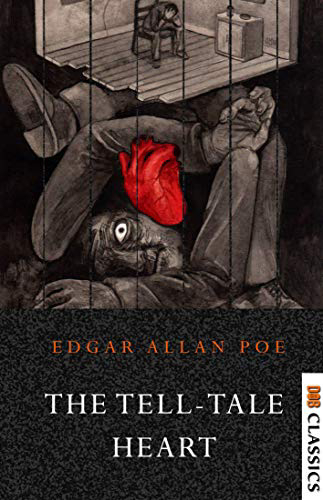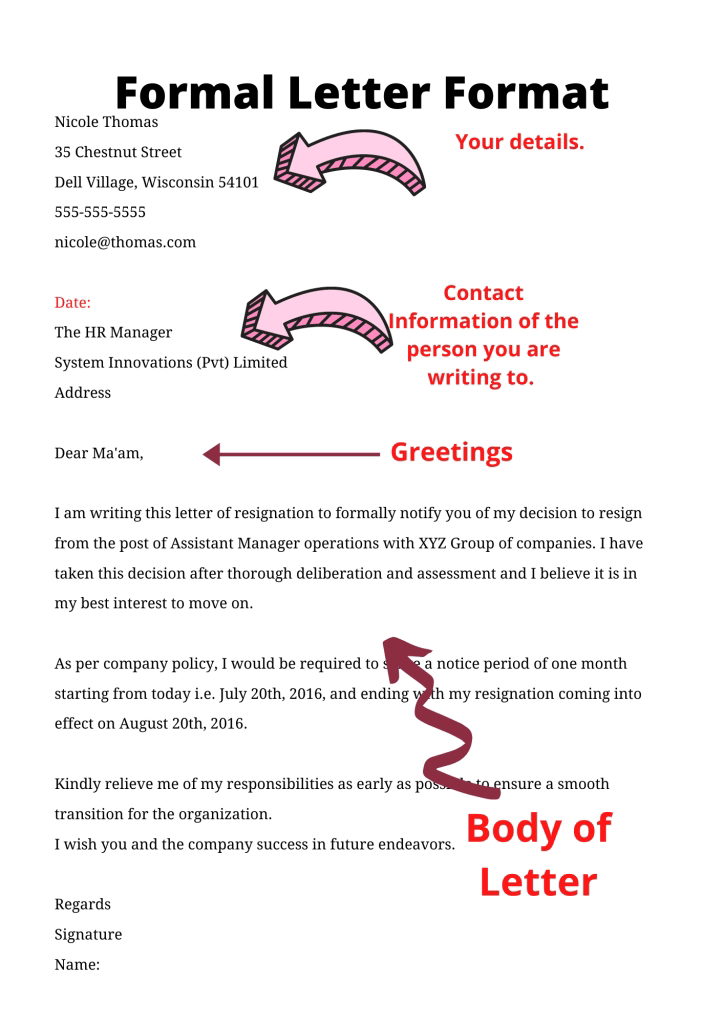Followers
Friday, October 13, 2023
Past continuous tense
SEC Unit :- 1.1 Importance of life skills :-
Thursday, October 12, 2023
Continuous present tense,
4.2 The Accursed House" by Emile :-
The Accursed House" by Emile :-શાપિત, તિરસ્કરણીય.
GaboriauVimcomte inherit his Grand uncle’s property and being man of principals, decides to reduce the exorbitant અતિશય rent charged by his uncle. With good intentions, he hopes to win his tenants’ભાડૂતો hearts. But, he surely misunderstood his tenants’ when they learn of their new landlord’ s benevolence.ઉદારતા
They doubt that there must be something terribly wrong with the building. In no time, rumours of the building being dilapidated જર્જરિત, haunted ભૂતિયા and bearing સહન illegal activities start spreading like fire in jungle. People even brand him as a criminal hiding something suspicious શંકાસ્પદ in the building. His reputation dwindles ઘટે છે. Poor Vimcomte, who set out to do a charity work is blamed for bringing bad name and ill-luck દુર્ભાગ્ય to his illustrious પ્રસિદ્ધ family.
_____________________________________
This seems entirely true of this world. People cannot digest any unsolicited(not asked for) favour. An innocent action creates deadly Tsunami, the charity is unheeded ધ્યાન ન આપ્યુ.
Irony કટાક્ષવચન is indeed a companion સાથી of innocence. Nobody can believe that the other person’s intentions are well and he doesn’t want anything in return for a good deed. Possibly, no one believes you to be so good that you can do someone a favour without any hidden motive. Human mind has become so accustomed ટેવાયેલું to the filth ગંદકી, that anything clean evokes suspicion of being unhealthy.
The accursed House is a sharp sarcasm on the society, exposing people’s shallow understanding arising from their poor mentality, coloring their judgment, confusing their sense of good or bad. A good attempt to bring out the audaciousness હિંમત of people in a humorous, playful way with excellent command on train of thoughts.
4.3The Tell-Tale Heart" by Edgar Allan Poe:
Wednesday, October 11, 2023
4.4 Writing for the web
4.3 Formal letters
ode on solitude
"Ode on Solitude(એકાંત) " is a poem that expresses the beauty and tranquility શાંતિ of being alone in nature. Happy the man, whose...
-
1.1 Theory of communication :- Introduction:- Communication is the process of sharing information, thoughts, ideas, or feelings between i...
-
Here is a blog post about giving an interpretation of a thirty-second play, 'Breath'. It is the shortest play written by Samuel Beck...
-
Dada poem:- Before:- Amid the surging Covid-19 cases, the West Bengal government on Saturday announced a complete lockdown acros...










